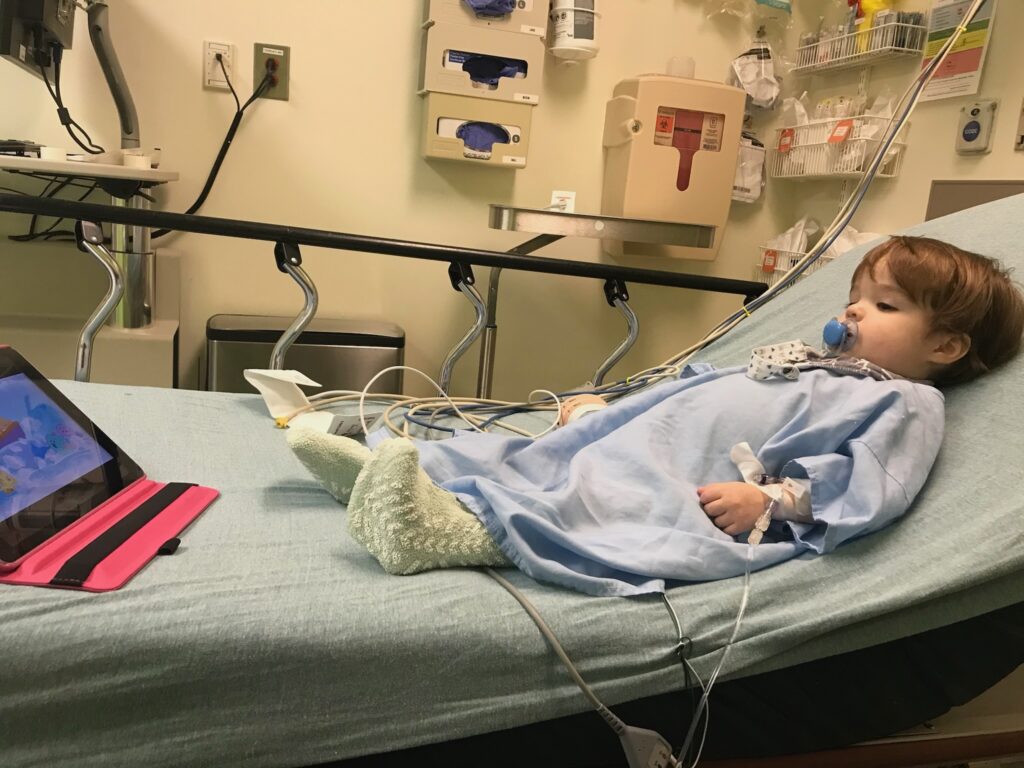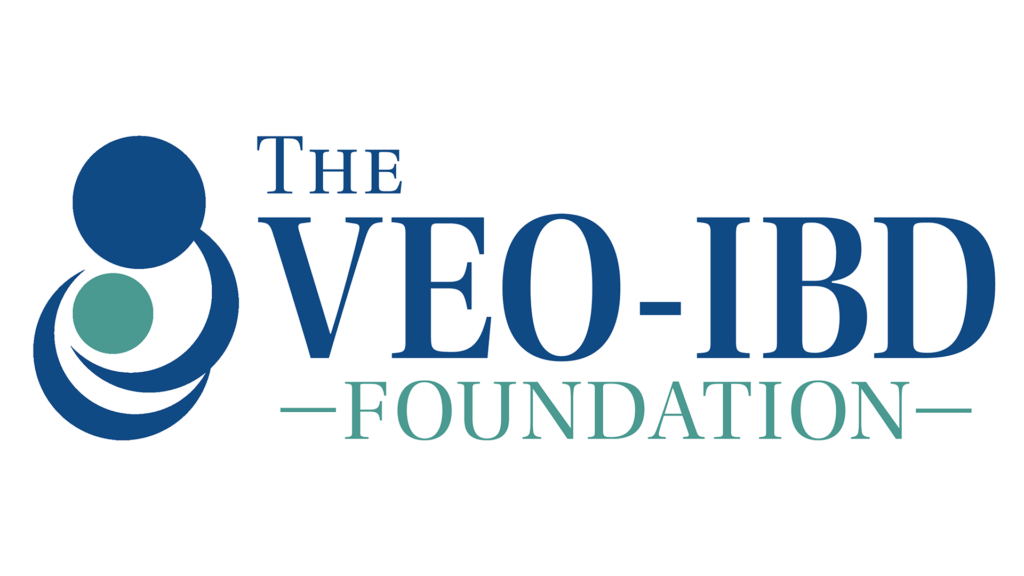Sarah and I are excited to announce that we have started The VEO-IBD Foundation, the first and only organization dedicated to parents and caregivers of children with Very Early Onset Inflammatory Bowel Disease. This episode tells the story of our struggle with VEO-IBD and the creation of our foundation.
VEO-IBD is an autoimmune disease that presents in children younger than six. As a bit of a shorthand, I often tell people that VEO-IBD is a toddler’s version of Crohn’s Disease, only it’s more aggressive and more difficult to treat.
This disease took over our lives. Our youngest son, Jonathan, developed his first symptom when he was just three months old: as a parent, you think you know what to expect when you open a newborn’s diaper. Instead, we saw blood.
Jonathan was diagnosed at seven months old, and we fought for almost three years to get him to remission. During that time, Jonathan was in and out of doctor’s offices, specialists, urgent cares, emergency rooms, and hospital beds once or twice a week, every week, for years.
The disease is terrifying and exceedingly rare. Once we received a diagnosis, we found that there were only two hospitals in the United States researching this disease. Partnering with one, we tried a medication that cost $1,600 per dose, and it required a full day in the hospital every month to administer. This drug failed. We tried again with another monthly drug that cost $6,400 per dose. We lost what little control we had, and we landed in the hospital for 40 days while Jonathan’s body rejected his own colon. At the end of our hospital stay, Sarah and I discussed with his extended medical team the possibility of removing his colon. His entire large intestine. Jonathan was two.

We tried one final drug, a drug with a list price of $25,000 per dose, that he would need at double the rate of the adults for which it was developed. It worked. Every month, we give our son a shot that costs as much as a car. And now, Jonathan is now a happy, growing, slightly short but otherwise healthy kindergartener.
Jonathan thankfully does not remember this awful chapter of his childhood. But we do. We remember how scared we were. We remember how lonely we were. We remember the misery of not having any idea what to do for our son. As helpful as the doctors were in driving Jonathan’s disease to remission, there was no advice for parents on how to help support a child with VEO-IBD.
Sarah and I created The VEO-IBD Foundation to help parents and caregivers through this awful chapter of their kid’s childhood. We will help people understand the disease, understand the goals for treatment, and understand remission. We will share tools that we have developed, such as how to build a care team, how to manage medication, how to get information from your medical professionals while holding a miserable toddler, how to properly apply diaper cream, and how to prepare for your 1-year-old’s first colonoscopy. We will let parents and caregivers know that they are not alone.
Our first goals include raising awareness of the disease. This episode is part of that effort. Sarah and I have also released our first publication in the Journal of Pediatric Research. Shortly after releasing this episode, I had the opportunity to talk about caregiving and VEO-IBD at the United Nations, marking the first time VEO-IBD had been mentioned at the UN. Subsequently, I gave an interview to People Magazine, marking the first time VEO-IBD was mentioned in a mainstream publication.
The result has been staggering. Parents and caregivers of children with VEO-IBD have told us that they are overjoyed that someone is speaking about their disease, and we are eager to build the tools that they need. But other parents have found us through our op-ed or through People Magazine because their young child has recently been diagnosed with a rare inflammatory bowel disease, and they feel terrified and alone. Our job is to help, and they are no longer alone.
